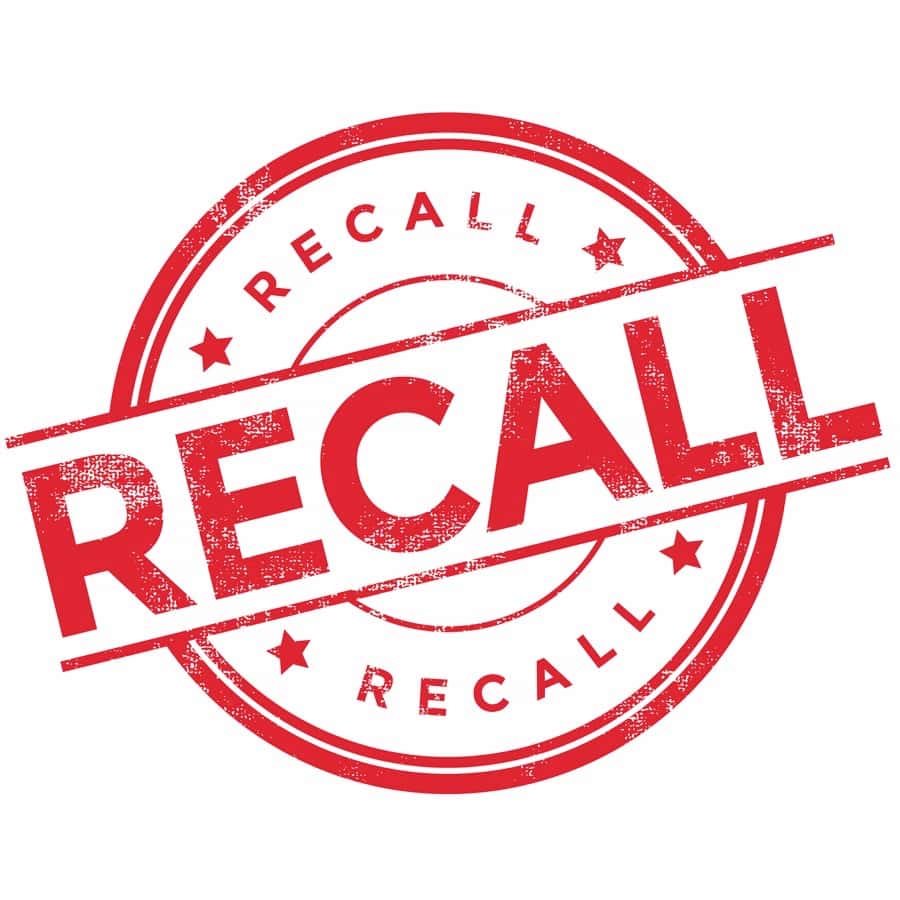
How many times have we said, Not Again? We are, sadly, referring to ARB recalls. ARBs are short for angiotensin receptor blockers. They treat high blood pressure. Basically, it boils down to another week, another drug recall. This time there were two companies involved and a LOT of lots! The FDA reported on March 1, 2019 that 87 lots of losartan from Camber Pharmaceuticals had a new impurity, NMBA. It is a “potential human carcinogen.”
On the same day, the FDA also announced that Torrent pharmaceuticals Limited is recalling 60 lots of losartan and 54 lots of losartan plus hydrochlorothiazide.
How Many Pills Are Involved in the ARB Recalls?
When we write that 87 lots from Camber and 114 lots from Torrent are being recalled, we don’t mean bottles. Goodness knows how many bottles are involved. There may be hundreds, or even thousands of bottles involved in this recent recall.
It’s even more mysterious how many pills are included in these ARB recalls. Many of the Camber and Torrent lots contain bottles with 1000 pills.
How Long Has This Been Going On?
Many lots of ARB blood pressure drugs including losartan, valsartan and irbesartan have been recalled over the past eight months. These medicines were contaminated with potential carcinogens known as NDMA and NDEA.
The recent ARB recalls involve an entirely new contaminant just identified as N-nitroso-N-methyl-4-aminobutyric acid, or NMBA. It too is a suspected carcinogen. All three of these nitrosamine contaminants are apparently created as a result of the manufacturing process.
How Did This Happen?
Companies have made changes to the process and the reagents used. Some people have speculated this has been as a result of an effort to increase the yield of the pharmaceuticals. FDA Commissioner Gottlieb stated:
“The FDA’s evaluation suggests that the nitrosamines found in ARBs may be generated when specific chemicals and reaction conditions are present in the manufacturing process of the drug’s API [active pharmaceutical ingredient], and may also result from the reuse of materials, such as solvents.
“We are deeply concerned about the presence of a third nitrosamine impurity in certain ARB medications, but it’s important to underscore that, based on the FDA’s initial evaluation, the increased risk of cancer to patients with NMBA exposure appears to be the same for NDMA exposure but less than the risk from NDEA exposure. That said, any presence of such impurities in drug products is not acceptable.
“We are making important strides at understanding how these impurities form and we are continuing to examine if nitrosamine impurities may also arise during the manufacture of other ARB drug products. The FDA is committed to implementing measures to prevent the formation of these impurities during drug manufacturing processes in the future.”
Did You Miss a Key Sentence?
FDA Commissioner, Scott Gottlieb, said something quite scary:
“…and we are continuing to examine if nitrosamine impurities may also arise during the manufacture of other ARB drug products.”
The FDA rarely raises a concern unless they suspect some bad news coming down the road. Usually the FDA tries its best to reassure patients, physicians and pharmacists.
At the risk of sounding a premature alarm, we fear another shoe is likely to drop for ARBs other than irbesartan, losartan and valsartan. That could mean an entire class of BP drugs could be affected by these manufacturing “glitches.” It could mean more ARB recalls.
Should We Learn to Love Carcinogens?
One reader of our articles about ARB Recalls spanked us for scaring people:
“Dear Joe Graedon:
1. Carcinogens are everywhere. We are exposed daily. Mostly our body takes care of them.
2. In what is presented, there is no mention of dose level. The dose makes the poison.
3. Analytical chemistry can easily detect very low levels, ppb; levels that are well within the body’s capacity to deal with.
4. Chemistry and production is science and technology. The same sorts of problems (if there really is a problem) can happen anywhere. China, US, Israel, etc. If essentially all production has moved to China, then it is no wonder that problems (if there are problems) will show up there.
5. IARC [International Agency for Research on Cancer] calls every think [sic] a carcinogen of one sort or another. They do not take dose into account. They are fear mongers.
6. The FDA and others with knowledge need to take some responsibility for separating the reality from the fear mongering.
I think your article could have been more helpful.”
Should you wish to read the article this gentleman is referring to, here is a link.
Irbesartan Is Contaminated with Probable Cancer-Causing Compound!
What do you think About ARB Recalls?
Not worried about exposure to nitrosamine carcinogens, share your perspective below in the comment section. If you agree with FDA Commissioner Gottlieb that the “presence of such impurities in drug products is not acceptable” we would also like to hear from you.

